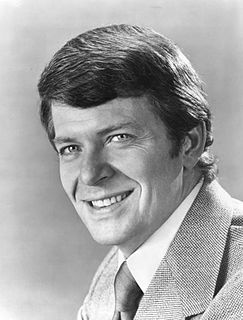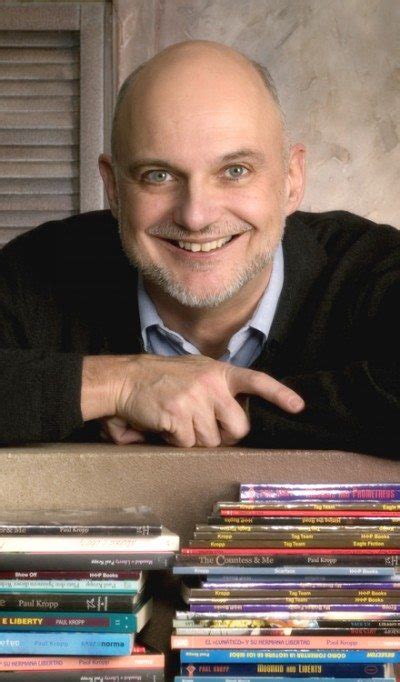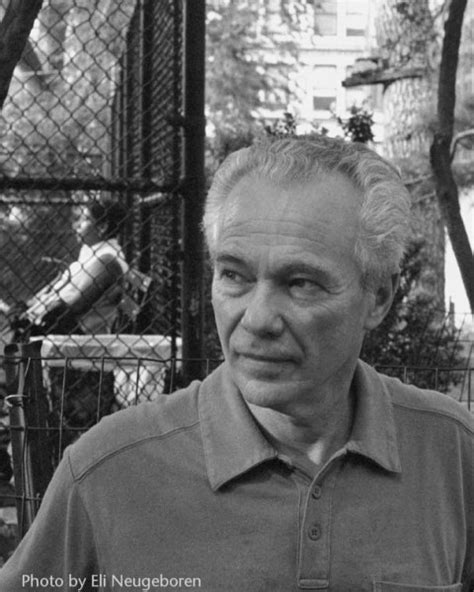A Quote by Alice Hoffman
That is the joy of reading fiction: when all is said and done, the novel belongs to the reader and his or her imagination.
Quote Topics
Related Quotes
I'm a compulsive reader of fiction. I fell in love with novels when I was a teenager. My wife Marilyn and I... our initial friendship began because we are both readers. I've gone to sleep almost every night of my life after having read in a novel for 30 or 40 minutes. I'm a great reader of fiction and much less so of non-fiction.
If Fobbit leaves a reader feeling stranded in some bland in-between territory, then I haven't done my job. But having said all that, I didn't consciously write the book with a particular moral intent. I took what I experienced and processed it through the sausage factory of fiction. It's up to readers to interpret what's on the page - as is the case with any novel.
I have always been a reader; I have read at every stage of my life and there has never been a time when reading was not my greatest joy. And yet I cannot pretend that the reading I have done in my adult years matches in its impact on my soul the reading I did as a child. I still believe in stories. I still forget myself when I am in the middle of a good book. Yet it is not the same.
A fiction which is designed to inculcate an object wholly alien to the imagination sins against the first law of art; and if a writer of fiction narrow his scope to particulars so positive as polemical controversy in matters ecclesiastical, political or moral, his work may or may not be an able treatise, but it must be a very poor novel.
For although a man is judged by his actions, by what he has said and done, a man judges himself by what he is willing to do, by what he might have said, or might have done—a judgment that is necessarily hampered, not only by the scope and limits of his imagination, but by the ever-changing measure of his doubt and self-esteem.
Writing fiction is not a profession that leaves one well-disposed toward reading fiction. One starts out loving books and stories, and then one becomes jaded and increasingly hard to please. I read less and less fiction these days, finding the buzz and the joy I used to get from fiction in ever stranger works of non-fiction, or poetry.
I'll never forget reading Chekhov's "A Doctor's Visit" on a train to Hawthorne, New York, and I got to the end - the scene where the patient says goodbye to the doctor and she puts a flower in her hair as a kind of thank you to him - and I felt like a cowboy shot from a canyon's top. This is a different experience from reading a novel, I think. The emotional effect is cumulative. Let's just hope market forces don't send short fiction the way of the dinosaur, because their sales are paltry compared to the novel and this is truly unfortunate.







































